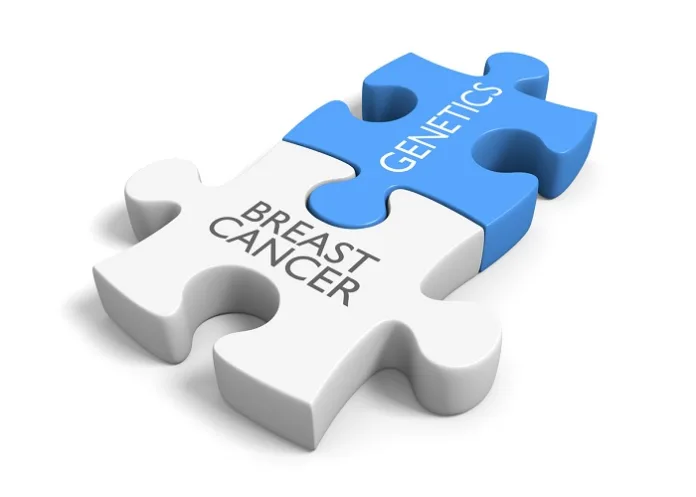The identification of a dozen breast cancer genes only recently discovered in women of African ancestry might help improve predictions for their chances of the disease, and highlights potential risk differences from women of European descent, suggest scientists.
Studies to identify genetic mutations linked with breast cancer have previously mainly focused on women of European ancestry but the latest findings are drawn from more than 40 000 women of African ancestry in the US, Africa and Barbados, including 18 034 with breast cancer.
Some of the mutations identified had not previously been linked with the disease, or were not as strongly linked as in this new analysis, indicating that genetic risk factors “may differ between females of African and European ancestry”, wrote the researchers in Nature Genetics.
Reuters reports that one newly identified mutation in particular was linked with the disease with a strength “rarely observed” in the field of cancer genetics.
Certain other genes known to increase breast cancer risk in white women were not associated with the disease in this study, the report also noted.
Black women in the US have higher rates of breast cancer before the age of 50, a higher incidence of harder-to-treat breast cancers, and a 42% higher breast cancer death rate than white women, according to the American Cancer Society.
Adding the newly identified genes to previously recognised breast cancer genes like BRCA1 and BRCA2 that are linked with the disease in all populations, the researchers developed a breast cancer risk score for women of African ancestry that was significantly more accurate than currently available tools, they said.
Six of the abnormal genes were associated with an elevated risk for so-called triple-negative breast cancer, the most aggressive form of the disease. Black women have nearly a three-fold increased risk for this type of breast cancer than white women, previous research has shown.
Women in the study carrying all six genes were 4.2 times more likely to be diagnosed with triple-negative breast cancer than those with none or only one of the variants.
The usefulness of the new variants needs to be further evaluated before testing for them becomes routinely available, said study leader Dr Wei Zheng of Vanderbilt University Medical Centre in Nashville.
The American Cancer Society says many genetic mutations previously identified as breast cancer risk factors in white women are also strongly linked with disease risk in black women, and advises genetic testing for all patients regardless of race.
But black American women are less likely than white women to undergo breast cancer genetic testing, mainly because of differences in physician recommendations or access to care, the society notes.
Study details
Genome-wide association analyses of breast cancer in women of African ancestry identify new susceptibility loci and improve risk prediction
Guochong Jia, Jie Ping, Wei Zheng et al.
Published in Nature Genetics on 13 May 2024
Abstract
We performed genome-wide association studies of breast cancer including 18,034 cases and 22,104 controls of African ancestry. Genetic variants at 12 loci were associated with breast cancer risk (P < 5 × 10−8), including associations of a low-frequency missense variant rs61751053 in ARHGEF38 with overall breast cancer (odds ratio (OR) = 1.48) and a common variant rs76664032 at chromosome 2q14.2 with triple-negative breast cancer (TNBC) (OR = 1.30). Approximately 15.4% of cases with TNBC carried six risk alleles in three genome-wide association study-identified TNBC risk variants, with an OR of 4.21 (95% confidence interval = 2.66–7.03) compared with those carrying fewer than two risk alleles. A polygenic risk score (PRS) showed an area under the receiver operating characteristic curve of 0.60 for the prediction of breast cancer risk, which outperformed PRS derived using data from females of European ancestry. Our study markedly increases the population diversity in genetic studies for breast cancer and demonstrates the utility of PRS for risk prediction in females of African ancestry.
See more from MedicalBrief archives:
Swedish study changes guidelines for genetic breast cancer tests
New study provides more precise data on gene mutations
Global study to determine why black people have worse cancers

